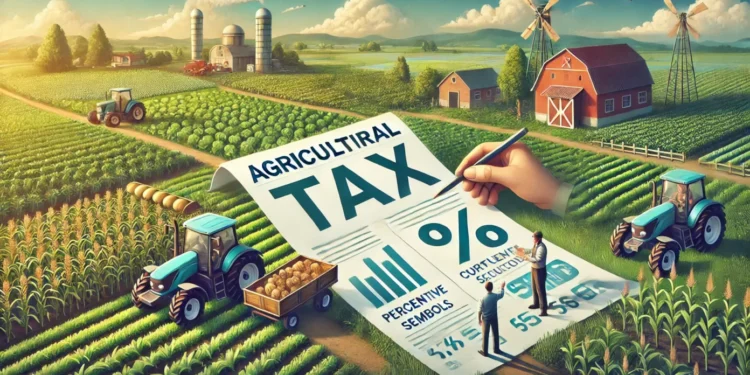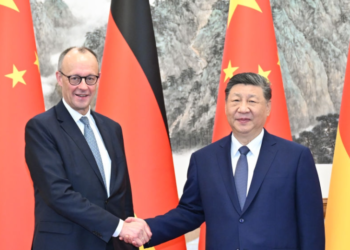The federal government is considering revisions to its taxation policy on agricultural inputs in the upcoming 2025–26 budget, including a potential increase in the excise duty on fertilisers from 5% to 10%, along with the introduction of a new 5% tax on pesticides. The move is aimed at supporting the government’s revenue target of Rs14.3 trillion for the next fiscal year, The Express Tribune reported, citing senior tax officials.
The proposed changes could result in an additional Rs50 billion in tax revenue and form part of broader fiscal adjustments aligned with Pakistan’s commitments to the International Monetary Fund (IMF). Currently, fertilisers are subject to a 5% Federal Excise Duty (FED), while pesticides remain untaxed. Under the new proposal, both may face harmonized or tiered duties, with discussions ongoing about whether to apply a uniform 10% or a staggered rate.
Officials argue the revisions are aimed at correcting market imbalances and reducing environmental degradation linked to overuse of chemical inputs. The IMF has previously advised Pakistan to rationalize subsidies and remove preferential treatments in sectors such as agriculture to foster efficiency and sustainability.
However, farmers and agricultural groups have expressed concern that additional taxes on essential inputs will raise production costs at a time when the sector is already grappling with challenges ranging from climate impacts to fluctuating commodity prices.
As part of the broader fiscal reform agenda under the IMF programme, the government is also planning to introduce income tax on agricultural earnings for the first time. Rates could go as high as 45% for income earned starting January 2025. This shift marks a departure from Pakistan’s long-standing exemption for agricultural income and is expected to spark further debate among stakeholders.
The budget also includes a review of the existing super tax imposed on high-income individuals and corporations. While industry bodies have called for its complete removal, the government is reportedly considering a phased reduction—potentially lowering the rate from 10% to 8%—if alternate revenue sources can be secured.
With budget negotiations scheduled to resume with the IMF on May 14, government officials remain confident that the revenue target can be met through a mix of tax reforms and improved compliance, without needing to introduce additional sweeping measures. However, analysts caution that further clarity will emerge only after talks with the IMF conclude.


















